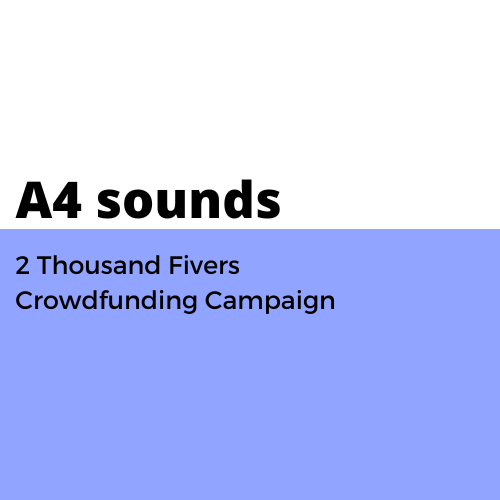
Case Study
Trinity Fencing and Landscaping
|
Simon’s idea for his social enterprise came from his experiences mentoring in prisons; the main goals of the offenders were to get decent jobs, become repurposed and not just simply have employment to pay bills and also that there was a lack of male role models in their lives. Three social issues that were raised by the young offenders were lack of accommodation, mentoring and training and equipping with skills. Simon had a background in commercial fencing, landscape gardening and design and tree and vegetation management and decided to use it as a vehicle to address those three social issues for young offenders. His programme includes: · 8 Week programme – which is very effective at bringing young people in who are referred from youth offending teams and who lack basic skills, qualifications and experience meaning they are somewhat floating and lost. The programme teaches them the basics alongside low level mentoring in areas such as personal hygiene and time keeping. Work clothing is provided and members of the programme join in working for a big local subcontractor and get actual authentic real life insertion into the life of the average working man; something that has rarely been modelled for them · Additional he offers a two year NVQ and workers receive a skilled workers card at the conclusion.
Business model is CIC which is limited by guarantee and his friends act as his directors. It has been difficult getting funding as investors are hesitant to back a new CIC as on the face of it, people only seemed to see a business. For Simon, getting in front of people and talking face to face was the key to gaining investment because they could see the passion behind the project and the potential impact. He found the third sector difficult to negotiate as you have a lot of people fighting over the same pots of money and it can be very cutthroat. |
Goals & Process
Initially his venture was self-funded through savings for the first £10,000; used to buy a work truck and pay for insurances and signage.
Trinity Fencing and Landscaping relies on an 80% revenue and 20% funding financial model with funding coming through local grant making charities. Social Enterprise Kent has provided grants which has helped to get tools, training, equipment and clothing. Some grants support the employees financially and cover their wages as he has found revenue limited with one truck and three employees. Ultimately, Simon believes his outcomes can help fill up the existing trade shortage that exists in the construction industry as well as address social issues and contribute positively to the economy.
Why did you choose this funding type?
Initially, as he found it hard to gain momentum with social enterprises looking at the same pot of money, Simon decided to try to do as much as he could with self-funding.
Successes & Challenges
Simon believes his biggest success is that it his business has the potential to earn and he is not completely funding dependent; the overriding benefit of the CIC business model is that you can make profit. The challenges are, however, that it involves a lot of spinning plates and a focus of constantly raising finance – “there’s only so much income you can generate from one truck”! For his impressive efforts, Simon has recently received an MBE.
Takeaways & Additional Information
Simon advises that all potential social entrepreneurs should focus on step one and view all the business models available to them and choose the best one fit for your business and your goals.

05.07.2022
Trinity Fencing and Landscaping
Investments
Semi Pro
10.000 €
United Kingdom
Discussion forum
Share your thoughts and questions on this project!





 (1).jpg)

